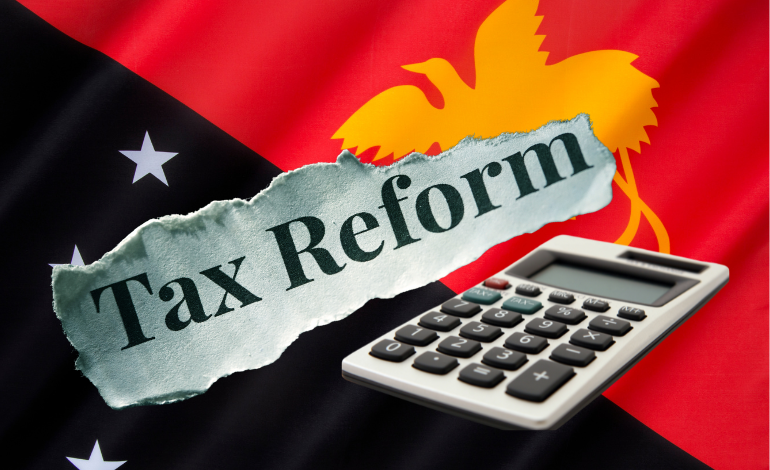A comprehensive tax reform package aimed at attracting foreign investment, boosting business confidence, and enhancing economic stability in Papua New Guinea has been unveiled earlier this month. The reforms include corporate tax adjustments, investment incentives, and relief measures for small and medium-sized enterprises (SMEs).
The new tax policies, announced during an economic briefing in Port Moresby, are part of the government’s strategy to stimulate growth in key industries such as mining, energy, agriculture, and manufacturing. According to Prime Minister James Marape, the reforms are necessary to create a competitive business environment and reduce barriers to investment.
“Our goal is to make Papua New Guinea one of the most attractive investment destinations in the Pacific,” Marape was reported as saying by PNG Business News. “By adjusting our tax policies, we aim to create jobs, increase revenue, and build a stronger economy that benefits all Papua New Guineans.”
The key components of the tax reform package include:
- Reduction of the corporate income tax rate from 30 per cent to 27 per cent for new investors in priority sectors.
- Tax holidays of up to seven years for foreign direct investments (FDI) exceeding PGK 500 million in infrastructure, energy, and manufacturing.
- Tax incentives for SMEs, including lower tax brackets and simplified compliance procedures.
- Increased tax deductions for businesses investing in research, development, and training initiatives.
- New value-added tax (VAT) exemptions for essential goods such as food, healthcare, and education materials.
Economic analysts believe that the tax reforms will increase investor confidence, particularly for global energy companies involved in Papua New Guinea’s Papua LNG and P’nyang Gas projects. The changes are also expected to boost local businesses by reducing operational costs and encouraging reinvestment.
The Papua New Guinea Internal Revenue Commission (IRC) will oversee the implementation of the new tax policies, with public consultations scheduled over the next three months to ensure smooth execution.



